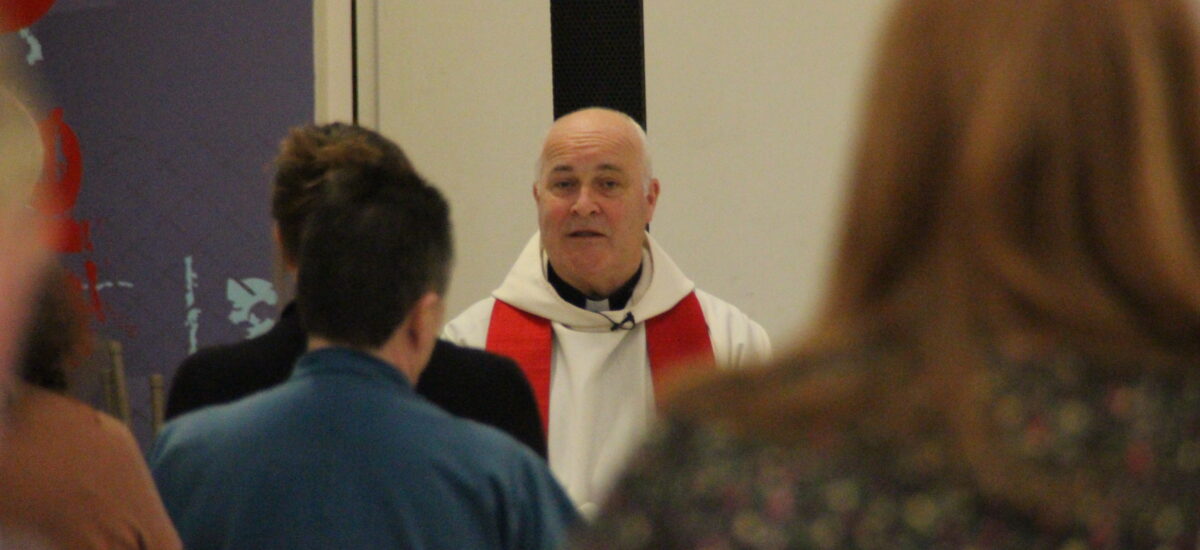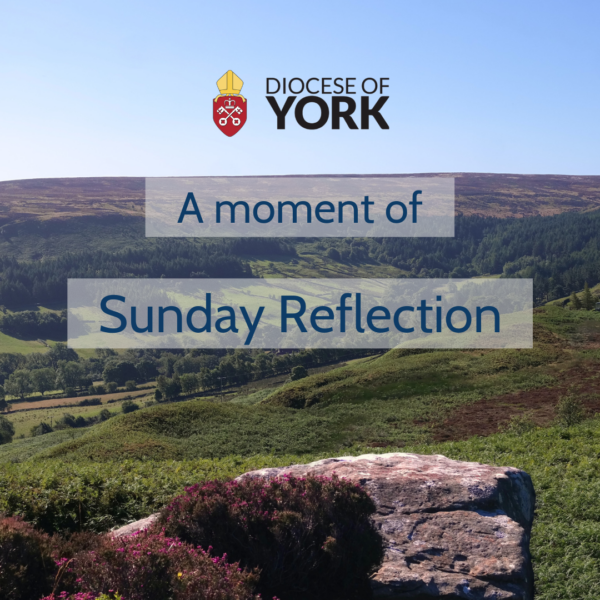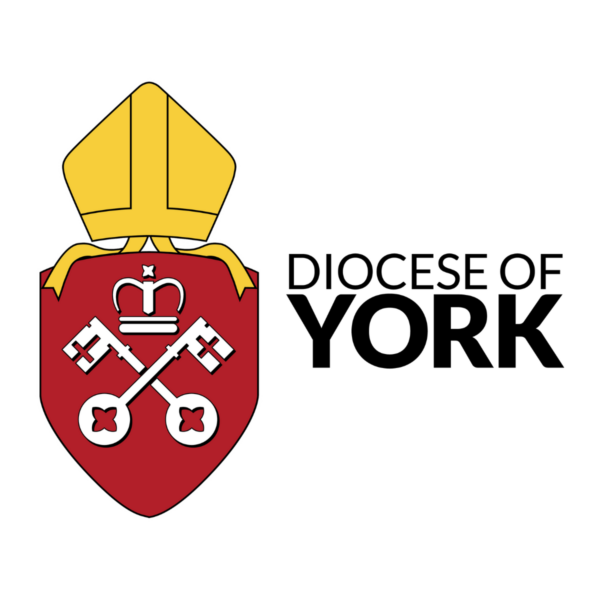Archbishop Stephen gave the Presidential Address at the meeting of York Diocesan Synod on Saturday 30th November:
As soon as Judas had taken the bread, he went out. And it was night. (John 13. 30)
Then the angel showed me the river of the water of life, bright as crystal, flowing from the throne of God and of the lamb… And there will be no more night; They need no light of lamp or sun, for the Lord God will be their light, and they will reign forever and ever. (Revelation 22. 1 & 5)
When, in 2019, the Archbishop of Canterbury invited me to chair the group charged with responsibility for discerning a Vision and Strategy for the Church of England in the 2020s, I was still the Bishop of Chelmsford. In those next six months, not only was I nominated to be the 98th Archbishop of York, but also the whole world was plunged into a global pandemic, the like of which none of us had ever seen or experienced before. It was a traumatising experience for the whole human race.
As we did our work, almost exclusively on Zoom and interacting in ways none of us had experienced before, three words emerged as being basic and essential for the Church of England in the next chapter of our life together. It even felt as if these words were given to us by the Holy Spirit, because the ideas and visions associated with them kept emerging in every conversation.
Those three words are simpler, humbler and bolder.
I believed then, and I believe more than ever now, that these are the words around which the Church of England must reimagine and rework its life and future. Therefore, this must be true for our diocese as well.
Not least I say this because the other big headline of the vision and strategy, something which is mirrored in our own response to this in Living Christ’s Story, is that we must be a Christ-centred and a Jesus Christ shaped church.
We must learn to be simpler, humbler and bolder in our relationship with God as God has made that possible in Jesus Christ.
In the Gospel of John, “night” often represents spiritual darkness and separation from the light of Christ, the very opposite of what we read in the Book of Revelation where we are told that there will be no more night… no need for lamp or sun, for the Lord God will be our light, reigning forever.
There are times in our own lives and in our life as the Church when it seems we have become separated from the light of Christ, where we have journeyed to places which seem incapable of illumination, where it feels like the darkness has won.
And yet, we know from the opening verses of John’s Gospel, that “in him – (in Jesus) – God’s word made flesh – was life, and the life was the light of all people. The light shines in the darkness, and the darkness did not overcome it.” (John 1. 4-5)
The Makin Review has brought our historic safeguarding failings and poor support for survivors into sharp focus.
It reads as if night has fallen.
No words, not even heartfelt words of sorrow and apology, can undo the damage done to people’s lives both by one man and by the failure of other individuals in the Church and other institutions to respond appropriately. The time the review has taken, as well as the details now in the public domain have been deeply retraumatising for survivors. This as we know has led to the unprecedented resignation of Justin Welby as Archbishop of Canterbury—in my view, an honourable act of leadership for which I thank him. Please pray for him; but as I’ve already said, most of all pray for the victims and survivors of this abuse and that we, God’s Church, may learn from this and change.
We are humbled yet again, and saying “trust us” is not enough. We must earn trust through urgent change, through listening, learning, and putting Jesus and his people first, because we know that Jesus always put the victims and the outcast first, and we have often failed to do the same.
I believe these changes will come, and I pledge myself to do all that I can in the responsibilities I now carry, along with others, to make this happen.
I believe these changes will come not only because there are concrete plans and actions taking place to make this happen, but because we know that nighttime darkness does not have the final word. We know that in Jesus Christ there is a light that shines in the darkness which the darkness cannot overcome. That He is our light.
And we, drawn into that light, we are called to shine that light into both the church and the world.
In terms of safeguarding this means taking seriously the calls for greater independence which were outlined in the Jay report which the Archbishop of Canterbury and I commissioned 18 months ago. Proposals will come to the February meeting of the General Synod which will be the next step of making that a reality.
This is part of the change we must make together, not because it will solve all the problems we face, but because it will create a different, more accountable and more transparent way of overseeing safeguarding in our church and providing an independent place where grievances, concerns and complaints can be brought.
It will also, I hope, enable us to better celebrate the huge steps we have taken and the incredible work that is done in our parishes, deaneries and dioceses where, literally, thousands of volunteers are working to safeguard children and vulnerable adults week in week out.
I want to pay tribute to all of those in our parishes who serve as parish safeguarding officers, to all those wardens and PCC members and volunteers who have undertaken safeguarding training, and also I want to pay tribute to the safeguarding team in our own diocese and across the Church of England, and thank them for their professionalism, dedication and the care they bring to their work.
This is a time of great challenge for the Church of England. The way forward is not straightforward or easy, and trust once broken, takes a long time to mend.
But we will do it; and we will do it by doing the right thing, by putting the right things in place, by becoming a humbler church.
But a simpler and bolder church as well.
Simpler, in all the ways we live our life and do our business, so that we may look and sound more like Jesus.
Bolder, in our confidence in the gospel, in Christ and not ourselves, though we do (and I do at the moment) take great comfort from the fact that I know God is on our side, that God believes in us and believes in the Church of England. And we rejoice in the thousands of different ways faith is expressed in local churches and communities, and the work we do day in day out to bring comfort, healing and practical help to those who are abused, exploited, neglected, forgotten and ill-treated. This is the strength and riches of the Church of England, the local church in all its manifestations, and the people of God humbly serving their communities with simplicity, compassion and courage.
‘Be alert’, says Jesus in today’s gospel, pray that you may have the strength to avoid those things that can ensnare you (see Luke 21. 36). These are words about safeguarding. We need to hear them and learn them again today. We are humbled. We must be alert.
What else does the Lord require of us at a time such as this? Well it is as it has always been, ‘To do justice, to love kindness and to walk humbly with your God.’ (Micah 6. 8)
We could do with a bit more of all three of these at the moment.
Let it begin here. Let it begin now. Let it begin in us.
Amen.


